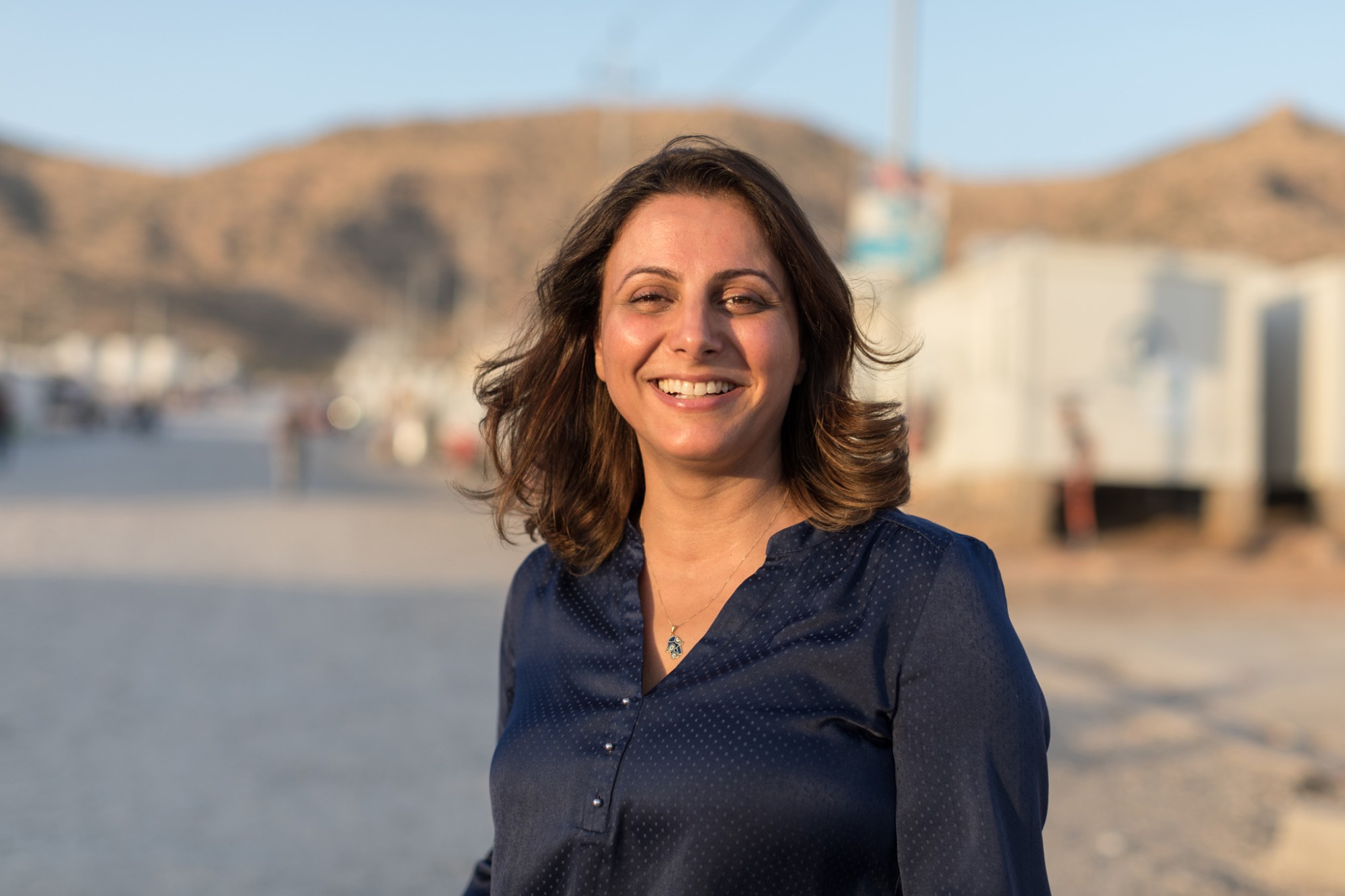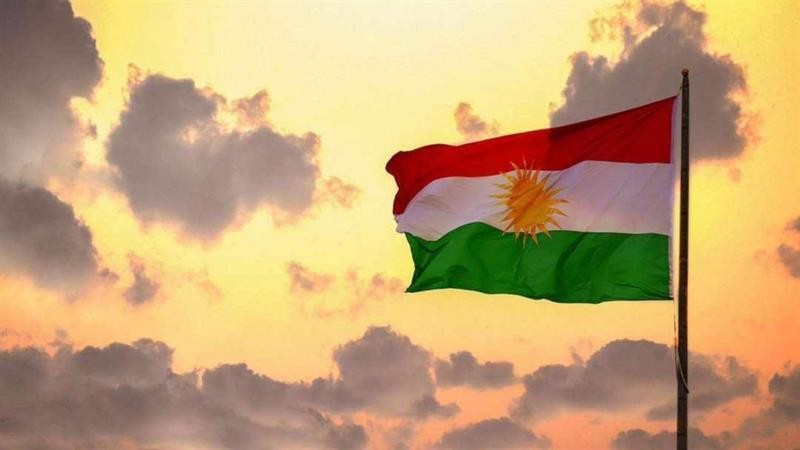On April 15, U.S. President Joe Biden and Iraqi Prime Minister Mohammed Shia’ Al Sudani discussed their shared view that the Kurdistan Region is integral to Iraq’s overall prosperity and stability.
Today, I met with Prime Minister Sudani of Iraq for a wide-ranging conversation on our vision for a broad, multifaceted relationship.
— President Biden (@POTUS) April 15, 2024
The conversation ranged from regional stability and expanding opportunities for Iraqi families to reinforcing Iraq’s sovereignty and security. pic.twitter.com/9OAD8IgeHv
“The President commended the Prime Minister’s and Kurdistan Regional Government’s (KRG) efforts to reach durable agreements that resolve longstanding challenges, including the recent arrangement to pay two months of KRG civil servant salaries, and encouraged continued progress,” the Iraqi and U.S. governments said in a joint statement.
U.S. President Biden also affirmed U.S. support for “free, fair, and transparent regional elections in the [Kurdistan Region].”
In addition, the statement said that Iraqi Prime Minister Sudani and U.S. President Biden affirmed the “importance of ensuring Iraqi oil can reach international markets and expressed their desire to reopen the Iraq-Turkiye Pipeline.”
Oil exports from the Kurdistan Region were stopped on March 25, 2023, after a Paris-based international arbitration court ruled in favor of Baghdad against Ankara.
Moreover, the joint statement noted that “all Iraqi security forces including in Kurdistan were critical to the territorial defeat of ISIS.”
Safeen Dizayee, Head of the KRG Department of Foreign Relations, also accompanied Iraqi Prime Minister Sudani and met with U.S. President Biden on April 15.
Accompanied Iraqi Prime Minister @mohamedshia in a meeting with the US President @JoeBiden. Discussed future economic, military and energy ties between USA-Iraq, plus other pressing matters, stressing the crucial need for regional stability. pic.twitter.com/48TlDBQRbn
— Safeen Dizayee (@SafeenDizayee) April 15, 2024
In a post on X, Dizayee said they discussed future “economic, military and energy ties, plus other pressing matters, stressing the crucial need for regional stability.
On April 15, the U.S.-Iraq Higher Coordinating Committee – chaired by Iraqi Deputy Prime Minister Mohammed Tamim and U.S. Secretary of State Antony J. Blinken – issued a joint statement saying they had discussed the importance of resuming the Kurdistan Region’s oil exports.
The joint statement said that both Iraqi and U.S. officials had underlined that the “significant gas potential in the [Kurdistan Region] is a key component of Iraq’s energy security, as is increased private sector investment.”
According to the KRG, the Kurdistan Region could hold as much as 200 trillion cubic feet of natural gas reserves, around 3% of the world’s total.
The United States has also financed $300 million in energy projects in the Kurdistan Region, including $250 million to expand the Khor Mor gas plant.
The two sides also discussed the importance of the stability of Sinjar.
In October 2020, with support of the UN, the federal government of Iraq and the KRG signed the Sinjar Agreement aimed at revitalizing and stabilizing the situation in Sinjar, although the agreement has yet to be fully implemented.
U.S. Secretary of Defense Lloyd J. Austin III also met with Iraqi Prime Minister Sudani and discussed how to “secure key sites across Iraq, including the [Kurdistan Region], from aerial threats.”
In addition, they discussed efforts to modernize the Iraqi security forces, including peshmerga forces, and build their capabilities.
“The inclusion of the KRG representative in Prime Minister Sudani’s delegation is a positive step and indicates a tendency toward inclusivity. The U.S. was also keen to see such inclusivity, as indicated following the meeting between Secretary of State Blinken and KRG Prime Minister Masrour Barzani back in February,” Mohammed Salih, a senior fellow at the U.S.-based Foreign Policy Research Institute, told Kurdistan Chronicle.
“The United States’ push for Baghdad to remove political and legal hurdles in the way of developing Kurdistan’s energy sector is crucial. This is an area where the United States can play a much-needed positive role, provided that it shows that it is willing to go beyond mere rhetoric and utilize its vast leverage over Iraq if necessary.”
Salih reiterated that, once an amicable and mutually accepted energy deal between Baghdad and Erbil is reached, Baghdad should support foreign investment in Kurdistan’s oil and gas sector.
“Removing this political and legal hurdle would allow the KRG and Baghdad to sign deals with international energy firms under much better terms than previous production sharing contracts , which mandated major fees to foreign firms in great part due to the legal risks imposed by Baghdad’s opposition in the late 2000s and early 2010s.”
? APIKUR Press Release - The Association of the Petroleum Industry of Kurdistan appreciates President Biden @POTUS and Prime Minister Sudani’s @IraqiPMO emphasis on swiftly restoring exports through the Iraq-Türkiye pipeline, during their White House meeting.#Iraq #oil…
— APIKUR (@apikur_oil) April 16, 2024
The Association of the Petroleum Industry of Kurdistan (APIKUR), which represents several oil companies in the Kurdistan Region, welcomed President Biden and Prime Minister Sudani’s emphasis on swiftly restoring exports through the Iraq-Turkiye pipeline during their White House meeting.
“The $10 billion in investments made by APIKUR member companies in Iraq’s Kurdistan Region oil and gas sector helps achieve [Iraqi Prime Minister Sudani’s] economic and energy goals expressed during his meeting with President Biden at the White House,” said APIKUR spokesman Myles B. Caggins III. “APIKUR member companies are intensely focused on cooperating with Government of Iraq and Kurdistan Regional Government officials to resume oil exports through the Iraq-Turkiye pipeline as soon as possible.”

